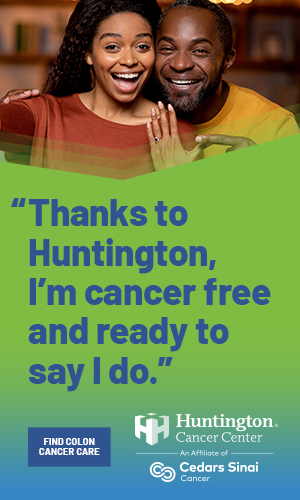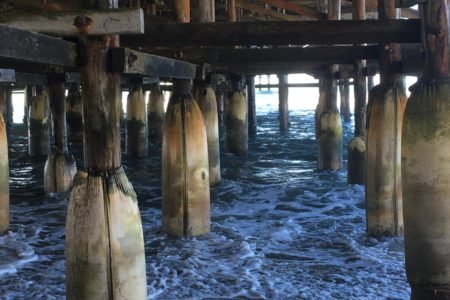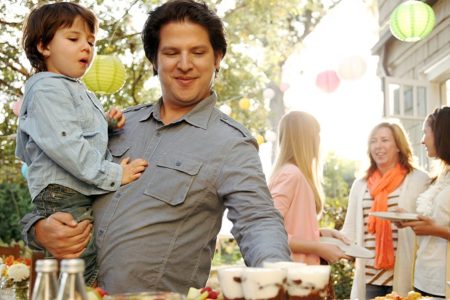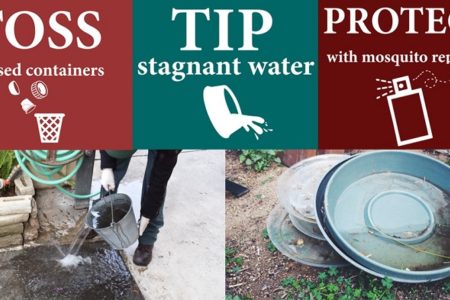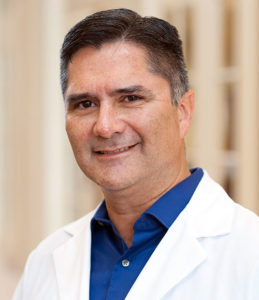
John Rodarte, MD, pediatrician, Huntington Health Physicians
Whether or not to let your child attend summer camp is a difficult decision for many parents during this pandemic time. Many camps have been cancelled or changed to a virtual style, while others have modified their activities and procedures to comply with local health guidelines.
Day camps are probably the easiest way to fulfill your child’s summer camp plans while still maintaining a reasonable amount of safety. Parents can first make sure the camp has adequate safety measures, such as keeping the children in smaller groups without mixing students between groups, maintaining social distancing at least 6 feet apart when possible or having more outdoor activities that provide better aeration, limiting the sharing of items and cleansing them and other surfaces regularly, and making sure campers and staff stay home if feeling ill or if exposed to someone else with COVID-19, or come up COVID-19 + themselves. If possible, food and drinks are safest if brought from home and not shared amongst campers. Routine wearing of masks is also advised, especially when adequate social distancing is not always possible. And of course, frequent hand washing with soap and water or a 60% alcohol hand sanitizer is advised. Camp staff should regularly remind children of safety measures, including frequent hand washing and not touching their faces.
These types of measures are most easily upheld with slightly older school age children who are good at following directions. Very young children have a harder time doing things like keeping masks on or maintaining appropriate social distancing.
Sleep-away camps pose a more difficult challenge for maintaining safety measures. Again, if children can keep to one small pod of fellow campers and staff in their sleep quarters, with appropriate social distancing within the sleep area, that would be most desired for safety. Ideally, recreational activities would be mostly outdoors (which is the case for most camps anyway). Meal times can be most challenging, since camps often have buffet lines which are more prone to the spread of germs. Find out your camp’s protocol for limiting exposure to illness with meals.
As parents, we should remind our own children about safety measures they can routinely do themselves, like keeping their mask on (over their nose too!), maintaining a distance of 6 feet between themselves and others when possible, frequent hand washing, not sharing food or other items with their friends, and trying to not touch their face. Also remind them that these measure are not just to protect themselves, but they help keep other campers safe and help keep their own family members safe, too, including mom and dad!
In the end, each family must assess their own comfort with sending their child to camp during this COVID-19 pandemic. For those families with very high risk members at home, including a child, parent or grandparent who falls into a high risk category, postponing summer camp this year might be the wisest choice.
In many ways, summer camps will be a trial run for kids returning to school, so learning these safety measures is really just a part of the “new norm” for children for the time being.
Below is a link to the CDC website with very detailed information regarding summer camp during the COVID-19 era.
https://www.cdc.gov/coronavirus/2019-ncov/community/schools-childcare/summer-camps.html




